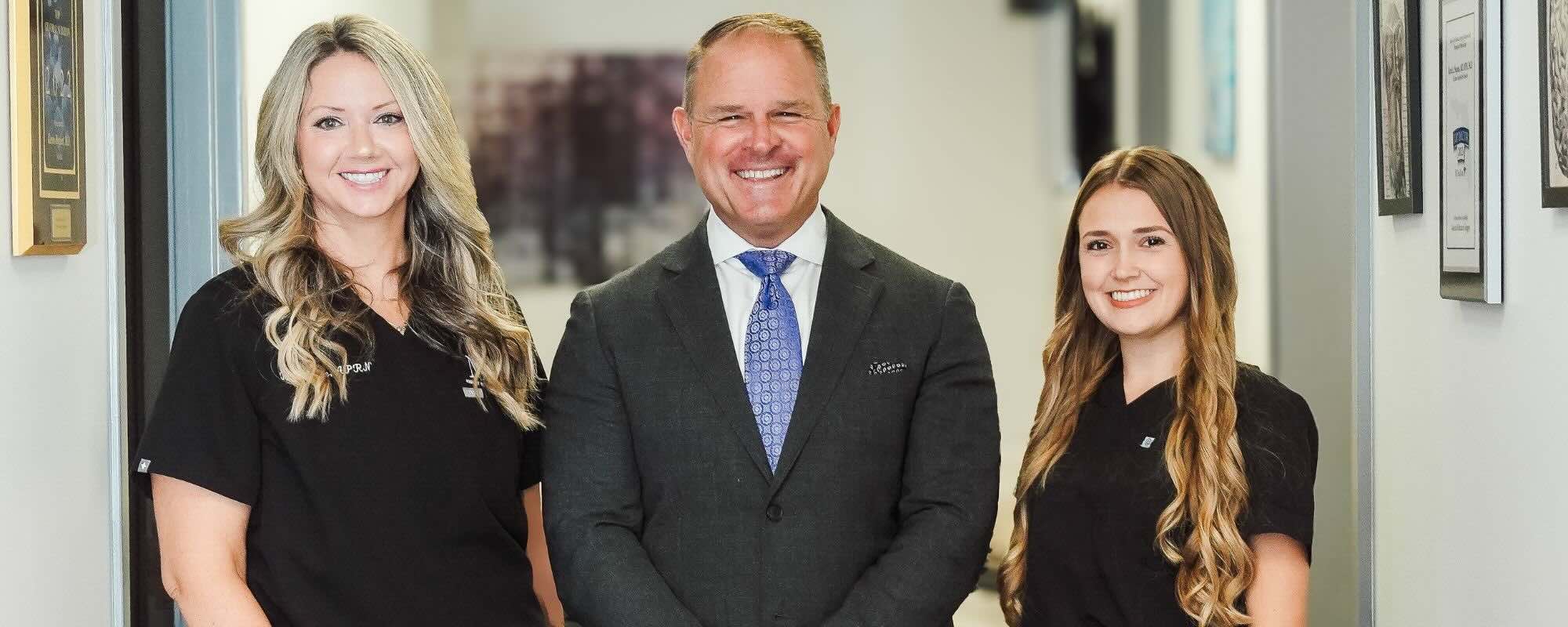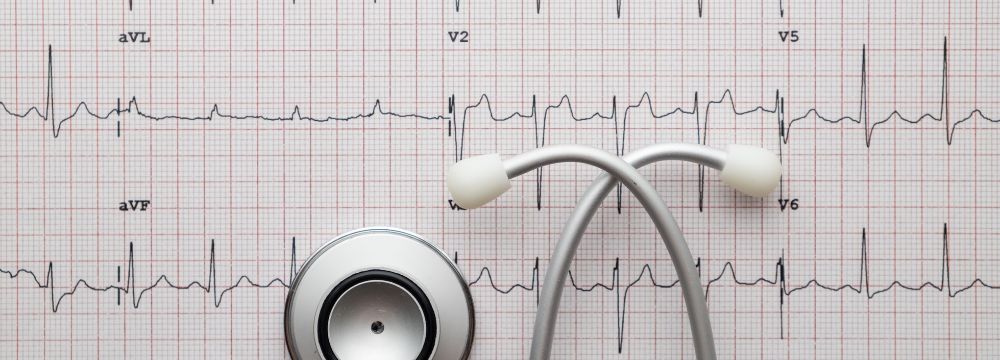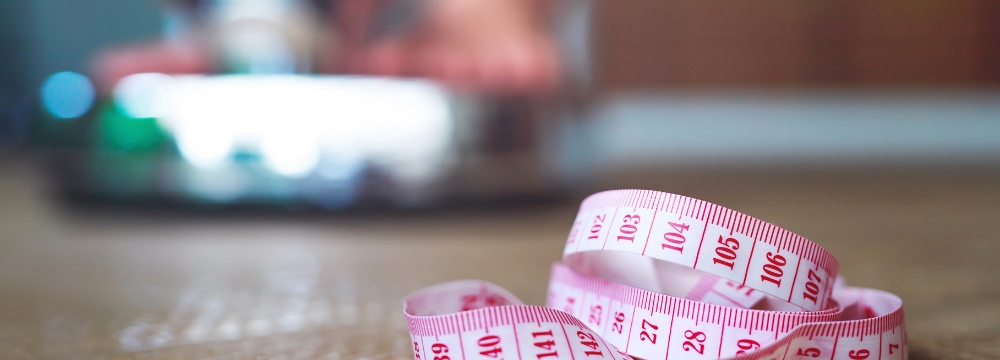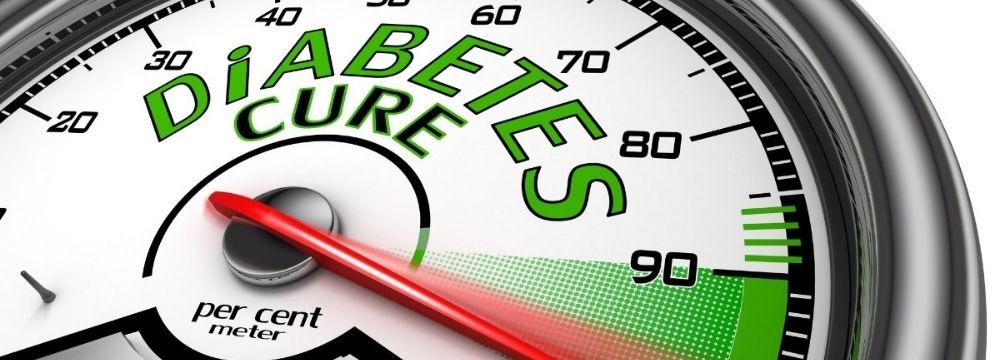When we first meet a potential weight loss surgery candidate, we discuss the holistic program we provide and why it’s important to have support before, during, and after the surgery. Often during the before sessions, patients tell us their reason for seeking bariatric surgery. “I want energy to live my life and play with my kids/grandkids”, “I take too many pills”, “I have an illness, and losing weight will improve it”, and “I don’t like how I feel in my body and I know I can feel better” are some of the top reasons we hear. Sometimes the answer is simply “I don’t want to die.” Statistics about morbid obesity and disease and premature death are unfortunately grave. We discuss in our online seminar some of the impacts of obesity and how surgery may impact a patient’s lifespan.
“I don’t want to die.” Those are hard words to say. Even harder to internalize. The majority of us have a strong sense of survival and facing issues that jeopardize our mortality can be daunting. We tend to feel invincible until one day we don’t feel that way. Some patients come to us and they still feel invincible. Others express that feeling is waning or simply gone, and they turn to bariatric surgery as a tool to recover that feeling. We hear in our after-surgery support groups how many patients regain their energy, reduce their pain, and find new joy. The best news is at the one-year check-up when patients tell us that they feel better, their lives have changed in positive ways, and that they feel their own reasons for having the surgery are coming to light.
Choosing to have bariatric surgery is not a small undertaking and there are no guarantees for outcomes, but understanding one’s own reason for taking this path can help make decisions along the way. Read about others’ weight loss journeys here.










